‘If you provide a home for nature it will return’
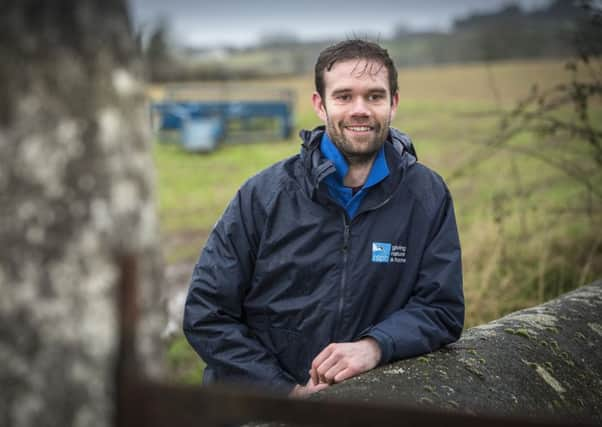

The RSPB NI headquarters are surrounded by trees from which are hung numerous bird feeders and in the trees about the offices can be heard the calls of birds, blue tit, great tit and our national winter favourite, the robin.
Meanwhile, excited dogs bark and jump from car boots in expectation of their daily stroll around the park with their owners. There is a warm feeling of well-being about the place.
Advertisement
Advertisement
Inside the business of both protecting and preserving Northern Ireland’s avian biodiversity is in going on in earnest.
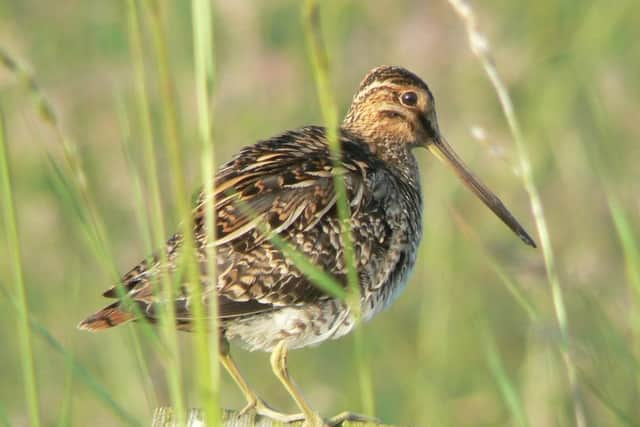

The work that the RSPB NI has ongoing in Northern Ireland, explained Phil, focuses on engaging with the farming community.
“I think the work that the RSPB NI does here in Northern Ireland is very relevant to the farming sector.
“Engaging with a farmers is very important, we work with around about 300 hundred across Northern Ireland, and that is in a wide range of farming systems and landscapes as well.
Advertisement
Advertisement
“For example we have ongoing work with farmers in upland areas who are managing sheep and beef systems. We have been providing them advice on terms on how they can incorporate the needs of bird such as the Curlew and Lapwing and other breeding waders which have seen a decline of nearly 90 per cent in the last 30 years.
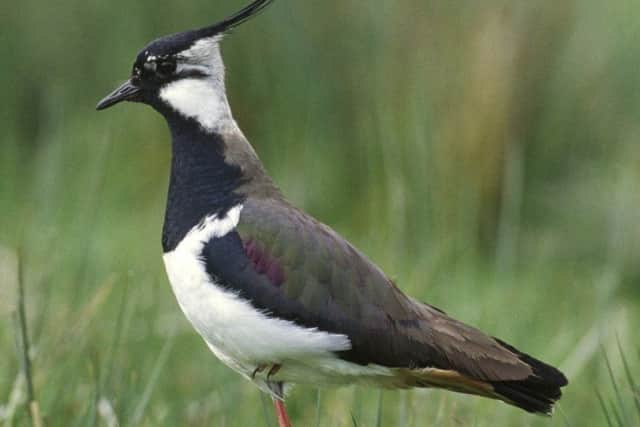

“We also work with arable and mixed systems in lowland areas, as well as wet grasslands in more marginal areas of the country.”
Often, says Phil, little changes to a farming system can bring benefits to conservation efforts.
“Farmers have a knowledge of nature and and desire to help nature, but sometimes they just need a helping hand and advice, to help them look at their system and to demonstrate how simple changes can be made which will have significant benefit for wildlife on their land.”
Advertisement
Advertisement
Sustainable farming is also a “strong message, that the RSPB wishes to get across to farmers in the province.
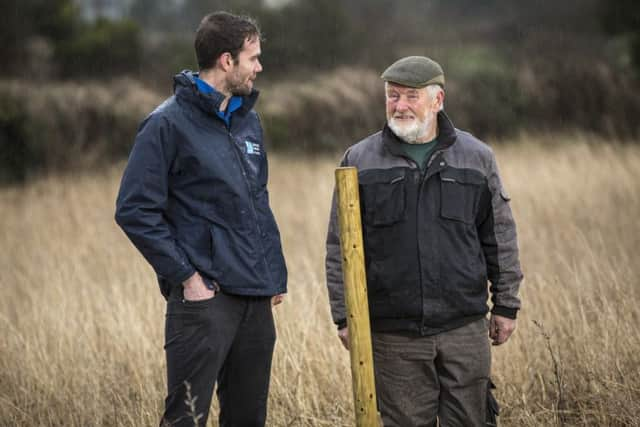

“We have a strong message which we wish to get across to farmers that you can have profitable and sustainable farming systems and how this can best benefit the farm business.
“For example in arable areas we do a lot of research and we have found that in certain arable systems, that taking up to 10 per cent of land out of production and managing that for wildlife can help create habitat for beneficial insects which can predate pests which are in crops.
“You also find when you do this that you are actually using the most unproductive part of a farm where yields may be much lower.
Advertisement
Advertisement
“Adopting these wildlife friendly methods alongside an agri environment scheme from the government. Doing this often outweighs the cost of actually losing the unproductive area of a farm.”
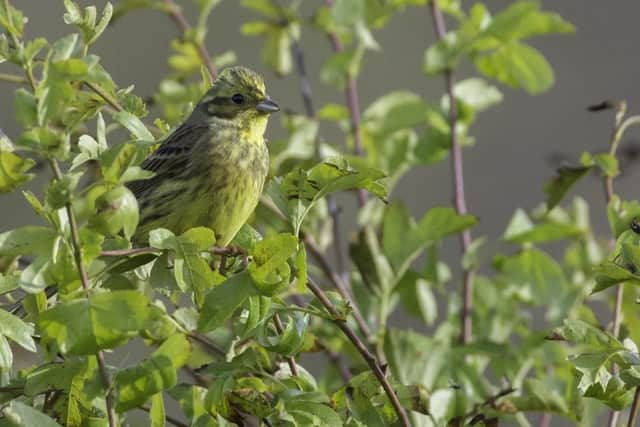

Phil believes the advice that the RSPB NI give farmers often gives them a new perspective on how they work.
“I think many of them have been looking at from a lens that they recognise that there is more than they might be able to do.
“For example with the Curlew, which has been embedded in Ireland for hundreds and hundreds of years and has a cultural importance,
Advertisement
Advertisement
“Many farmers grew up with curlews in the countryside, as well as they like of the Corncrake, which sadly we no longer have any on the mainland of Northern Ireland with a couple ofpairs on Rathlin Island.
“These are species that a lot of farmers have grown up to a point and now they are finding that they are starting to disappear.
“And there is definitely a concern and a lot of farmers are worried about and often very sad to see the loss of these birds. There is definitely a need and want to do more.
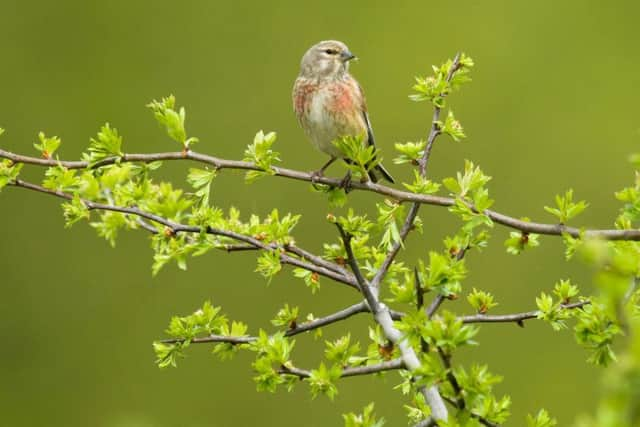

“Quite often they are very open to our help in how they can do their bit to save these birds from becoming extinct in Northern Ireland.
Advertisement
Advertisement
“The loss of these have been within a generation, they have gone so quickly and there is sense of loss once those birds are no longer in our countryside.
“Personally, taking the Corncrake as an example, I am very sad that I am not going to have that experience of hearing them in the countryside that I love so much.
“But then when you do see areas that they are thriving it is quite inspiring and does make you stop and think, what can we do to bring them back?
“I have been to many farms where amazing work is going on to help promote nature and the environment.
Advertisement
Advertisement
“You can see the difference that those farmers are having on that individual farm and that wider landscape and it is great to see.”
There are many challenges facing the RSPB and farmers in Northern Ireland.
Phil remarked: “With regards to the environment in general have been uncovered to be policy based and for example the Common Agricultural Policy.
“That has tried to meet certain objectives and has been successful in meeting some, but failed in others.
Advertisement
Advertisement
“We have found that they haven’t look at farming as a whole and hasn’t done as much as it could have done in terms of incentivising sustainable systems.
“So that is one of the biggest issues that we have faced and it has resulted in the loss of habitat.
“The push has been very focused on food production and the need to produce more food. That has added unintentional consequences in terms of the environment. But it is also the solution as well.
“The success of agri-environment schemes act as a a proof of concept as how they can be rolled out wider and be part of standard practice.
Advertisement
Advertisement
“We would see if they have been well designed and targetted at the right areas that you start to see things turning around positively.
“The work that we have done with farmers across Northern Ireland, I think, is demonstrates that and that there are solutions to these issues.
“If you do provide a home for nature it does return.”